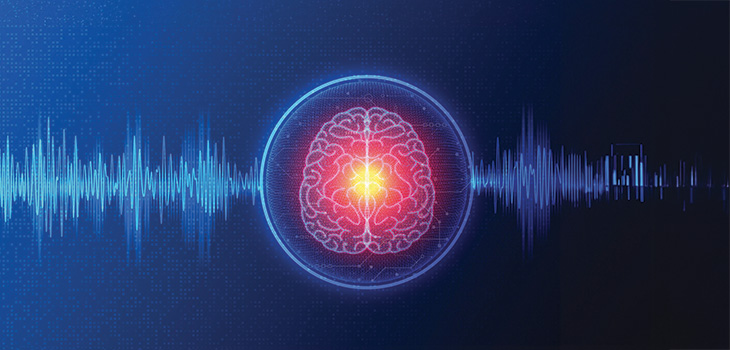
- The article examines how the integration of neurotechnology, such as wearable brain-computer interfaces (BCIs), in the workplace creates challenges for existing employment law, particularly in relation to unfair dismissal and discrimination.
- Both overt and covert monitoring using BCIs may lead to claims of direct or indirect discrimination, especially when algorithmic biases affect the reliability of data used in managerial decisions.
This article (Part 8 of this special NLJ series) considers how the widespread adoption of neurotechnology in the workplace will impact upon the rights of employees. The focus is on two pillars of employment law: unfair dismissal and discrimination. We consider how the law in these areas may apply to various factual scenarios involving neurotechnology at work, and analyse whether, to what extent and where the current framework, borne of an analogue





.tmb-mov69x69.jpg?sfvrsn=961ae4db_1)
95ca96e3d47f4eff8d147c4f0df17c77.tmb-mov69x69.png?sfvrsn=3db5d86b_1)

